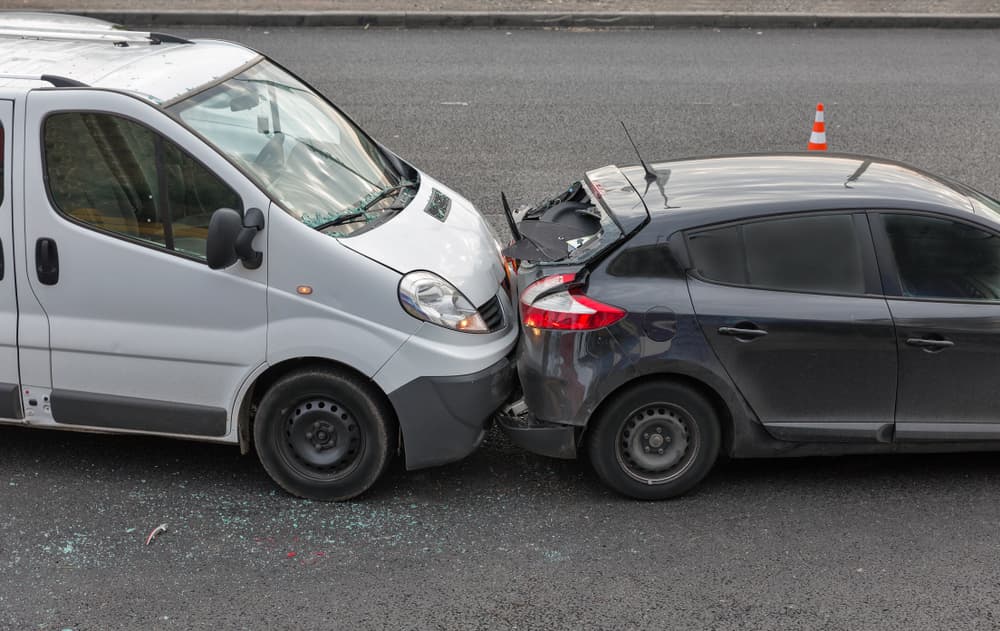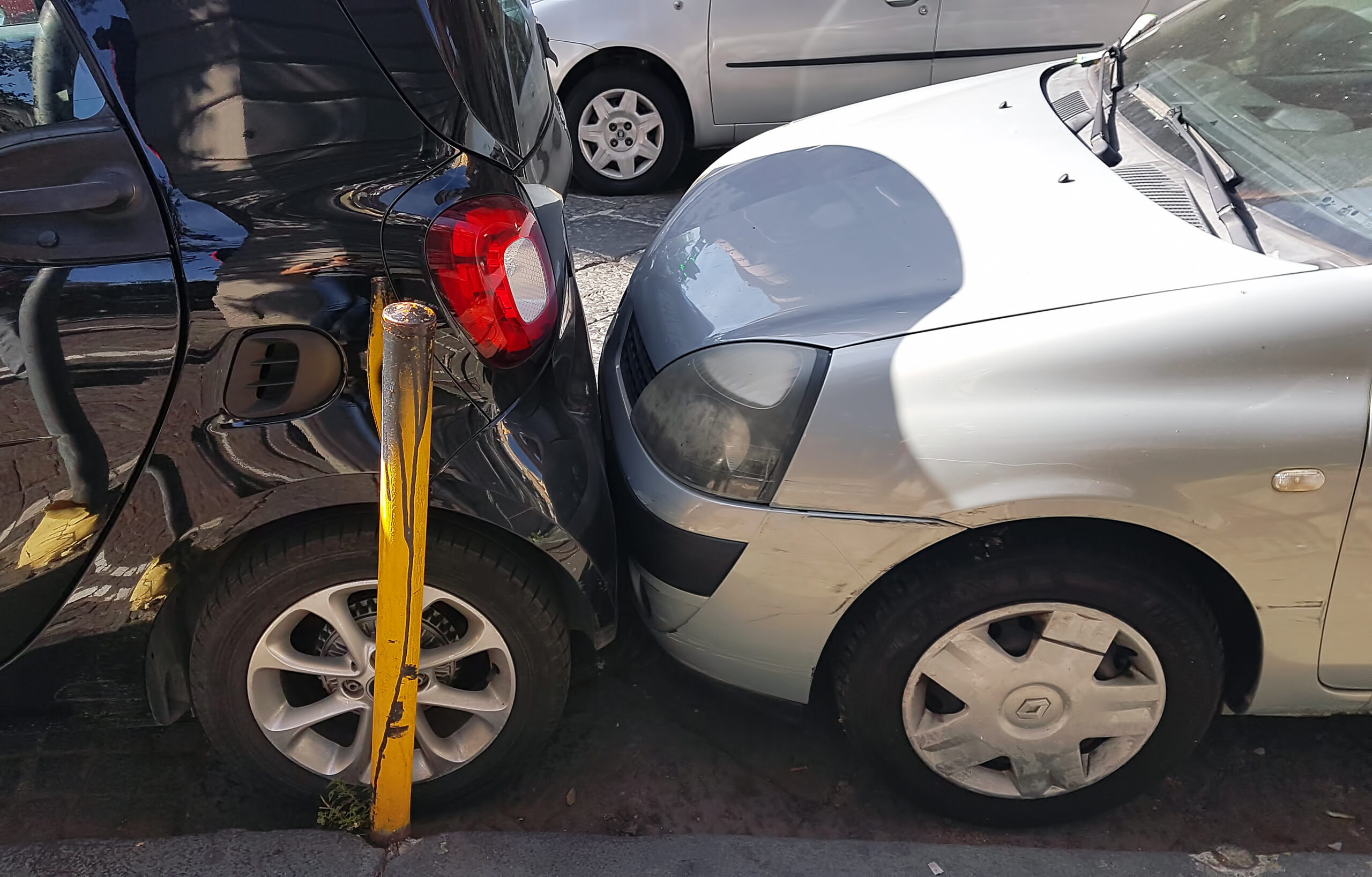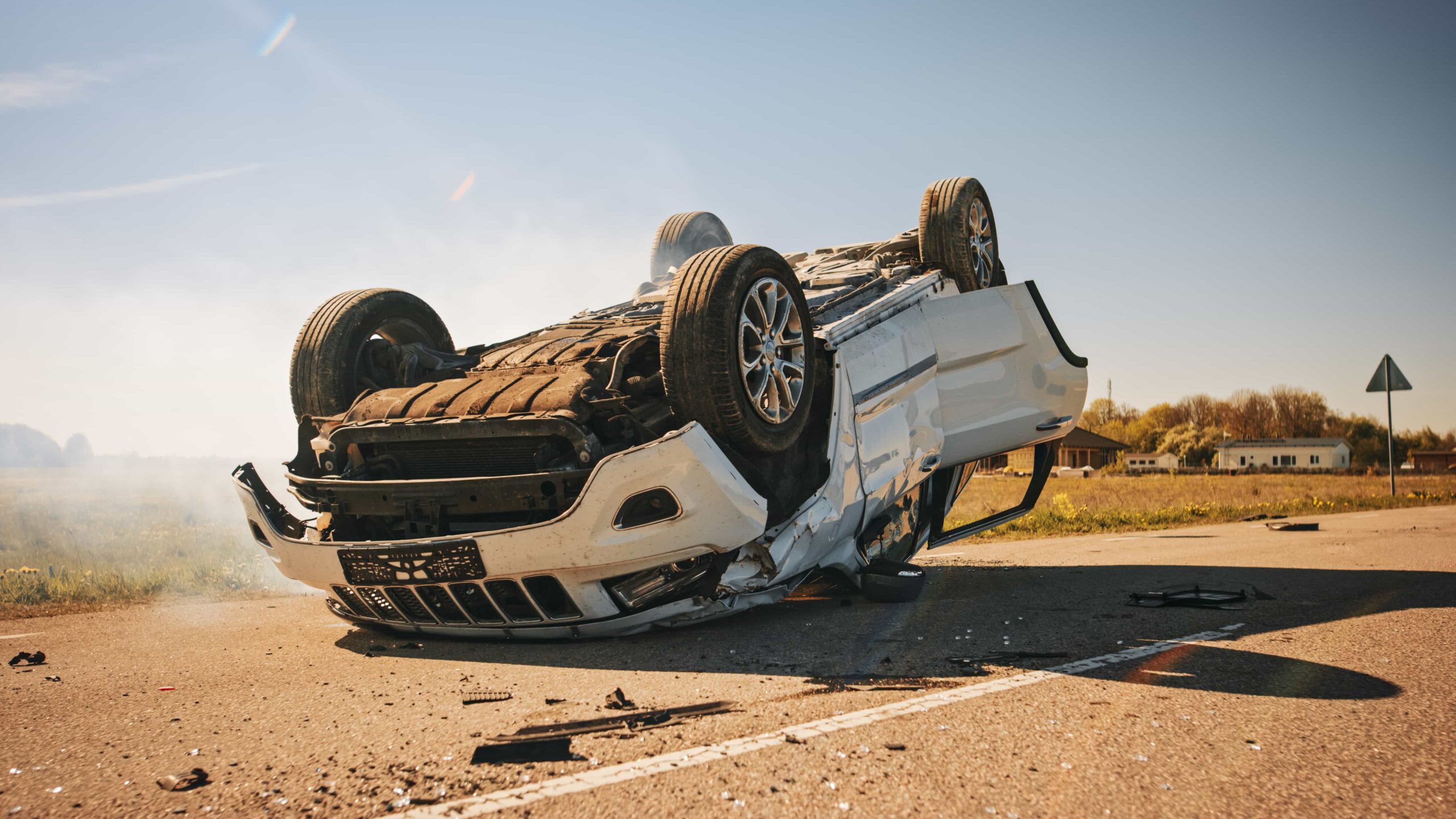When someone dies in a car accident, the sudden loss tends to be devastating, leaving loved ones unsure of what to do next. Families may need to make difficult decisions about funeral arrangements and address unexpected financial burdens.
In cases where the accident was caused by someone else's negligence, families may also need to consider pursuing justice on behalf of their loved one through a wrongful death claim. If you’re facing this kind of unfortunate loss, please know you are not alone.
While nothing can bring your loved one back, taking steps to protect your family and seek accountability from those responsible can bring a sense of justice and relief during this difficult time.
Understanding Wrongful Death Claims: What You Need to Know
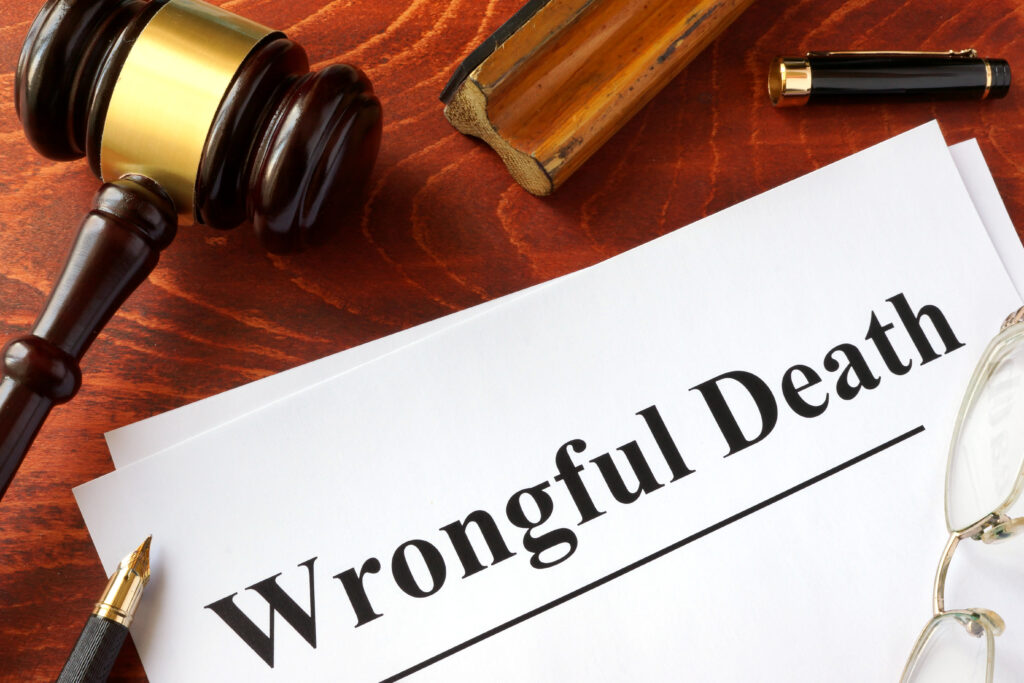
How Does the Law Define a Wrongful Death Claim?
Someone who dies in a tragic accident is legally known as a decedent. When you lose a family member in an auto accident, you not only lose part of your emotional support system, but you may also lose significant financial support.
Under the Illinois Wrongful Death Act found at 740 ILCS 180, surviving family members can bring legal action to request compensation from a party whose negligence caused the decedent's death. The decedent's legal representative acts on behalf of the surviving family members and steps into the position of the decedent to recover the legal damages they could have received if they had survived.
The goal of a wrongful death claim is to help the surviving family members receive certain financial payments to cover the costs of the decedent's last medical bills, funeral expenses, and more. The statute also allows the representative to request damages for “...grief, sorrow, and mental suffering.” The ability to recover damages depends on the family members' personal relationships with the deceased.
What are the Basic Requirements For a Wrongful Death Claim?
The law establishes certain requirements for a successful wrongful death claim, including:
- The decedent’s personal representative–often the spouse–must be appointed to initiate the wrongful death lawsuit on behalf of all next of kin.
- Next of kin include the decedent’s natural children and natural parents. Also, under the statute, an “adopting parent” and an “adopted child” have the same rights as natural parents and children.
- Illinois courts distribute the judgments and/or agreed settlement amounts among the surviving spouse and next of kin. Distribution is based upon a person’s “...percentage of dependency…” upon the deceased person. Damage calculations take into account all other beneficiaries’ dependency percentages.
- If there is no surviving spouse or next of kin, the law provides a process for distributing the wrongful death proceeds. For example, hospitals, medical providers, and others may receive the proceeds of a decedent’s wrongful death lawsuit. The personal representative also receives a fee for administering the estate.
- After a traffic accident death, the statute of limitations that governs wrongful death actions expires two years after the date of the accident in most cases. However, shorter one-year statutes may apply for certain defendants. If the personal representative doesn’t settle the claim or file a wrongful death lawsuit by that deadline, the decedent’s family gives up its right to file a claim for damages against the at-fault parties.
Seeking Justice and Building a Strong Case
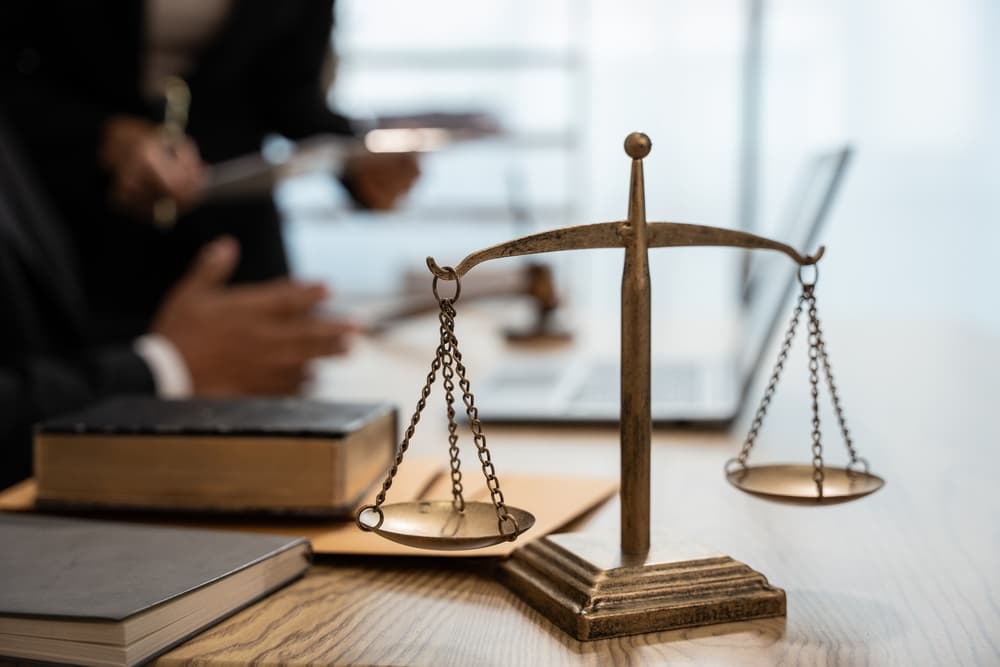
Seeking Justice After Losing Someone in a Fatal Car Accident
When someone you love is taken from you suddenly, holding the responsible party accountable is a small way to restore some order in a chaotic situation. You deserve to know what happened, and if another person’s negligence caused the accident, that party should be held responsible.
Filing a wrongful death claim or pursuing a settlement can help address some of the financial fallout, such as lost income, medical bills, funeral expenses, or costs related to property damage.
Building a Case and Meeting the Burden of Proof
If you decide to pursue a wrongful death lawsuit, it’s important to know that the
burden of proof will rest on your side. This means it will be up to your lawyer to show that the other party was negligent and that this negligence caused the accident which resulted in your loved one’s death.
Gathering the right kind of evidence is key to meeting this burden. Experienced wrongful death lawyers know how to build strong cases by using:
- Witness Testimony
Eyewitnesses who can recount what they saw at the time of the crash are often invaluable. They may be able to describe unsafe actions such as speeding, swerving, or running a red light. - Expert Witnesses
Experts in accident reconstruction or traffic safety can help explain what factors contributed to the crash, analyzing skid marks, vehicle damage, and other physical evidence to show how the collision occurred. - Photos and Videos
Images from the scene, security footage, or photographs of the damaged vehicles help paint a clearer picture of the accident. They also allow experts to provide analysis with visual evidence as support. - The Wreckage
Vehicle damage can be analyzed to understand the point of impact, the force of the collision, and any mechanical issues. For example, a crushed passenger side might indicate the point of impact, while certain marks can verify whether airbags deployed. - Relevant Records
Records such as driving histories, phone records, or toxicology reports may be relevant in a case. If the other driver was texting or under the influence of drugs or alcohol, it could provide evidence of their reckless actions.
How the Value of a Wrongful Death Claim is Determined
Placing a monetary value on a loved one’s life can feel impossible, and no financial award can replace them. However, a wrongful death claim seeks to measure the economic and non-economic harm caused to your family. Several factors influence the value of a claim, including:
- Earning Capacity
If your loved one was a significant provider for the family, their current and future earning potential will play a large role in determining the value of a claim. Education history, salary, and work experience are often considered. - Health and Life Expectancy
A person’s general health and expected lifespan are also important considerations. The law often provides longer-term compensation for younger individuals in good health whose lives were cut short. - Dependents and Family Needs
The needs of surviving children and dependents are central to calculating damages. Minor children who relied on the decedent for their care and financial security may result in higher awards compared to a claim involving independent adult children. - Funeral and Medical Costs
Expenses for a funeral, burial, and medical care leading up to the decedent's death are typically incorporated into the claim.
Your attorney will carefully document these factors and negotiate for full and fair compensation on your behalf.
Payment Structures for Wrongful Death Settlements
When families succeed in obtaining a legal judgment or settlement after a wrongful death, the payout might come in one of two main forms:
- Lump Sum Payments
Most often, the settlement is paid out in a single payment. If the other party is insured, their insurance company will typically issue one complete lump sum to the family. - Periodic Payments
If the defendant cannot afford to pay the entire settlement at once, payment plans may be arranged. These structured payments allow for consistent support over time but may require hands-on management by the family and their attorneys.
How Are Wrongful Death Settlements Distributed?
After choosing a payment structure, the next thing to focus on is how to distribute the funds to beneficiaries. The decedent's spouse and children receive the money from a wrongful death settlement. The personal representative is responsible for ensuring all payments are distributed according to the law.
Some jurisdictions prohibit minor children from receiving wrongful death proceeds until they are adults. In those areas, the percentage of the settlement that belongs to the child is typically placed into a trust until the child reaches eighteen years old.
How an Experienced Attorney Can Help

A compassionate and experienced attorney can shoulder much of the burden for you, giving your family one less thing to worry about. They will take immediate action by gathering evidence and building your case, ensuring no details are overlooked while you focus on healing. Here’s what a lawyer can do:
- Coordinate the collection of evidence, including photos, witness reports, and security footage
- Work with experts to strengthen the case, such as accident reconstruction specialists or medical professionals
- Handle communication with insurance companies and opposing parties to prevent delays or lowball offers
- Guide you through the legal process, explaining each step with patience and care
Perhaps most importantly, a lawyer provides the support and advocacy your family needs. They work tirelessly to ensure your loved one’s story is heard, that their memory is honored, and that justice is sought.
Potential Wrongful Death Defenses
As in any other lawsuit, the defendants will likely contest the claims' allegations. To prove a wrongful death claim, the personal representative's attorney must prove that the defendant's negligent actions caused your loved one's car accident death. If the representative cannot prove each element of negligence, the court will not award wrongful death compensation.
Defendants will try to disprove one or more of the elements of negligence. If they can attack one element successfully, the court can dismiss your case. For example, they may argue that the decedent caused the accident or that it was unavoidable. A skilled accident attorney can refute these defenses and protect your legal rights during negotiations or at trial.
With so much at stake, it's crucial that you don't try to represent yourself or family members. An experienced traffic accident death attorney can help you prove your case by anticipating the defense's arguments and dispelling them to ensure you receive the compensation you deserve.
What Should I Do If the Defendant Does Not Pay the Judgment?
Sometimes, wrongful death plaintiffs face a situation when the defendant fails to pay the settlement award. Sometimes, defendants refuse to pay, but others do not have the money to pay a settlement. If the defendant does not pay, the personal representative has some options to secure payment of the judgment.
File a Motion in Court
Your attorney may need to file a court motion to enforce the judgment. This may be the simplest way to get the defendant to pay your money. You can discuss this option with your attorney to determine if this is the best option for you, but filing a motion to enforce the judgment is usually the first step.
Garnishment
Garnishment is a separate legal action designed to recover money from a defendant in a wrongful death action. Garnishment allows a plaintiff to receive a portion of the defendant’s income until the judgment is satisfied. Your wrongful death lawyer may be willing to take on your garnishment case if they have the experience, but if they do not, they may refer you to a garnishment lawyer they trust.
Seizing Personal Assets
Another avenue to collect money from a wrongful death case is to pursue the
defendant's assets. If the defendant owns any valuable property, you can attach and seize it in place of the money owed. Seizing a defendant's assets can get complicated quickly. If you want to collect your judgment this way, talk to your attorney about it.
Take the First Step Toward Justice: Talk to an Attorney About Your Case Today
The loss of a loved one in a car accident is heartbreaking and unfair. No amount of compensation can truly make up for their absence, but seeking justice can provide closure and financial security for your family. Recognizing when and how to act can feel overwhelming, but you don’t have to face this alone.
At Abels & Annes, P.C., our compassionate team understands the weight of your loss. We are committed to standing by families as they seek the justice and compensation they deserve. Winning millions for our clients is more than a tagline for us; it’s a reflection of our relentless dedication to helping families rebuild and move forward.
We offer free consultations 24/7, so give us a call when you’re ready at (312) 924-7575, or you can fill out our online contact form.

